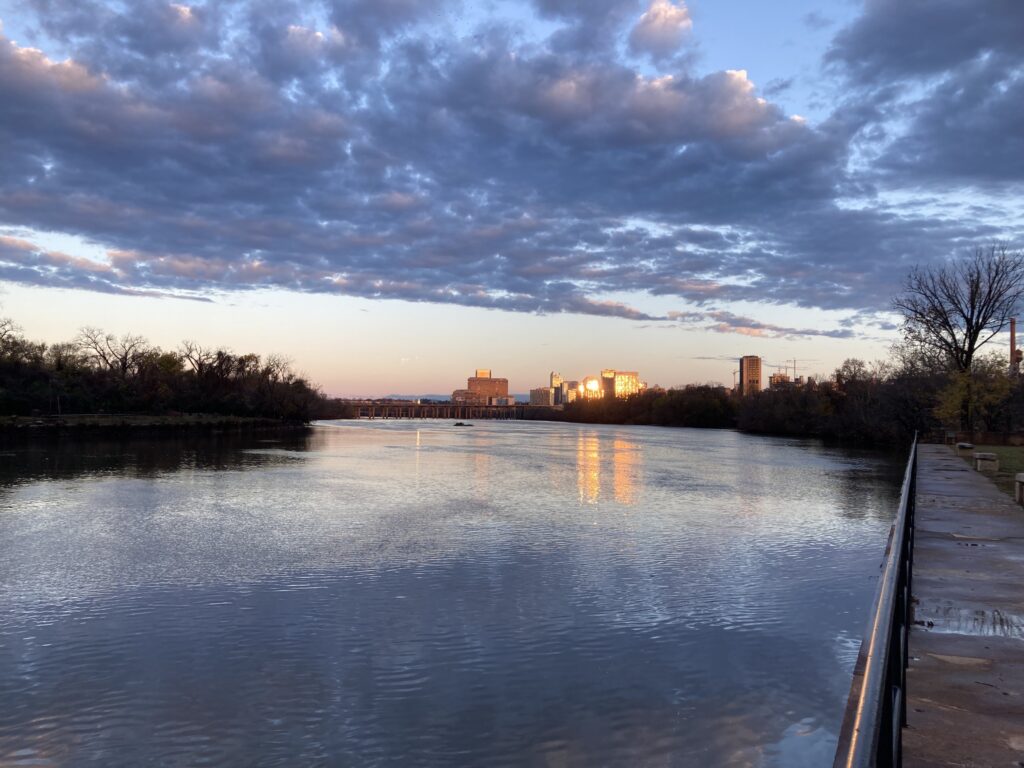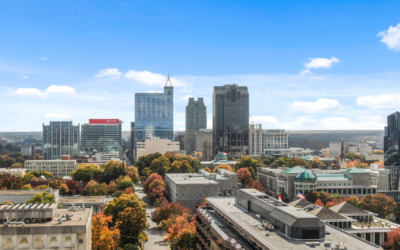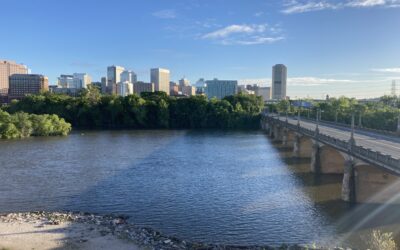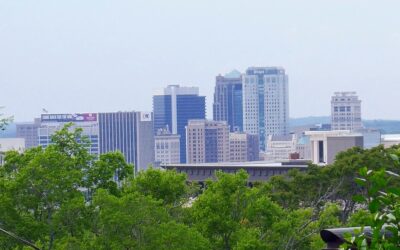What should I know about moving to Richmond, Virginia?

There are several factors to consider when moving to Richmond, Virginia. Here are a few things to know:
1. Cost of Living: Compared to other major cities on the east coast, Richmond has a lower cost of living. Housing, utilities, and transportation costs are affordable.
2. Climate: Richmond has a humid subtropical climate, meaning summers are hot and humid while winters are cool with some snow days. Be prepared for some extreme weather conditions in both the summer and winter months.
3. Culture and Entertainment: Richmond is known for its rich history, vibrant arts scene, and outdoor recreation opportunities. The city is home to several museums, galleries, and outdoor festivals. The James River runs through the city, offering opportunities for kayaking, paddleboarding, and other water activities.
4. Education: Richmond has several well-regarded universities such as Virginia Commonwealth University and the University of Richmond. The city also has a strong public school system.
5. Employment Opportunities: Richmond has a growing economy, with job opportunities in healthcare, finance, technology, and other industries. Many Fortune 500 companies have their headquarters in the Richmond area.
Why are people moving to Richmond, Virginia?
1. Affordable cost of living: Richmond has a relatively low cost of living compared to other cities on the east coast, making it an attractive option for those looking for a more affordable place to live.
2. Vibrant arts and culture scene: Richmond has a thriving arts and culture scene, with numerous museums, galleries, and music venues. The city is also home to the Virginia Museum of Fine Arts, which houses an impressive collection of American and European art.
3. Outdoor recreation: Richmond is surrounded by beautiful natural scenery, including the James River, which offers opportunities for kayaking, swimming, and hiking. The city also has several parks and green spaces where residents can enjoy the outdoors.
4. Rich history: Richmond played a significant role in the Civil War, and there are numerous historic sites and museums throughout the city that attract history buffs.
5. Growing job market: Richmond has a growing job market, particularly in the healthcare, finance, and technology industries. The city is also home to several universities and colleges, providing opportunities for those in education and research.
How many people are moving to Richmond, Virginia each year?
According to recent data, Richmond, Virginia has been experiencing a steady population growth of about 0.9% annually. This is equivalent to approximately 7,000 to 8,000 new residents per year.
What suburbs in Richmond, Virginia are seeing the most people moving to them?
According to recent data, the city of Richmond itself has been experiencing the most growth in terms of population. However, some of the surrounding suburbs and towns have also seen an influx of new residents. These include Glen Allen, Mechanicsville, and Midlothian.
What are the advantages to living in Richmond, Virginia?
Richmond, Virginia has many advantages as a place to live:
1. History: Richmond is a city steeped in history with numerous museums, historic sites, and monuments that offer rich insights into the nation’s past.
2. Culture: The city is known for its vibrant arts and cultural scene, including an annual arts festival, independent theaters, art galleries, and music venues.
3. Dining: Richmond has a thriving culinary scene, with a wide range of restaurants, cafes, and bars offering diverse cuisine from around the world.
4. Diversity: With a large and diverse population, Richmond is an inclusive and welcoming city.
5. Outdoor Activities: The city has numerous parks, gardens, and trails, as well as access to rivers and other outdoor recreation areas.
6. Job Opportunities: Richmond is home to several large employers, including a number of major corporations, government agencies, and hospitals.
7. Cost of Living: Despite its numerous amenities and attractions, Richmond is generally more affordable than many other major metropolitan areas.
8. Comfortable Living: Richmond enjoys a comfortable climate with mild winters and warm summers, which makes for pleasant year-round living.
What are the disadvantages to living in Richmond, Virginia?
There are a few potential disadvantages to living in Richmond, Virginia to consider, including:
1. Weather: Richmond can be humid and hot in the summer with temperatures exceeding 90°F, while winters can be cold and snowy.
2. Traffic: The city’s highways can be busy and congested at times, particularly during rush hour, which can make commuting challenging.
3. Crime: While not unusually high for a city its size, Richmond’s crime rate is higher than the national average. Certain neighborhoods may be more prone to crime than others.
4. Limited public transportation: Richmond’s public transportation system is relatively limited compared to other major cities, which can make it difficult to get around without a car.
5. Limited nightlife options: While there are certainly a few popular late-night spots, some residents may find that the city’s nightlife options are more limited compared to larger cities.
What are taxes in Richmond, Virginia like compared to other areas?
Richmond, Virginia has a combined state and local sales tax rate of 5.3%, which is lower than many other states like California or Illinois. Additionally, Virginia has a flat state income tax rate of 5.75%, which is lower than some states with progressive income tax rates like New York or California. However, it’s important to keep in mind that property taxes in Richmond, Virginia can be relatively high compared to some other states. It’s always a good idea to research the specific taxes that will apply to your situation and compare them to other options you may be considering.
How are schools in Richmond, Virginia compared to other areas?
According to Niche.com, which uses a variety of factors to rank schools, Richmond Public Schools are ranked slightly below average compared to other school districts in Virginia. However, they are still ranked in the top half of all school districts in the state. Additionally, Niche.com ranks specific schools in Richmond with an A or B grade, indicating very good to above average performance.
On the other hand, according to the U.S. News & World Report’s 2021 Best High Schools rankings, a few schools in Richmond were ranked in the bottom half of high schools in Virginia. However, several schools such as Maggie L. Walker Governor’s School and Open High School were ranked in the top 20 for Virginia.
Overall, while Richmond is not necessarily known for having the best schools in the country, there are still excellent educational opportunities available in the city. It’s important to research specific schools and districts to determine which would be the best fit for your needs and priorities.
What is the weather in Richmond, Virginia like?
Richmond, Virginia has a humid subtropical climate which is characterized by hot and humid summers, mild winters, and moderate rainfall throughout the year. The average high temperature in summer is around 89°F (32°C), while the average low temperature in winter is around 27°F (-3°C). The area also experiences occasional snowfalls and thunderstorms during the spring and summer months. Overall, the weather in Richmond, Virginia is considered to be fairly mild and comfortable.






Recent Comments